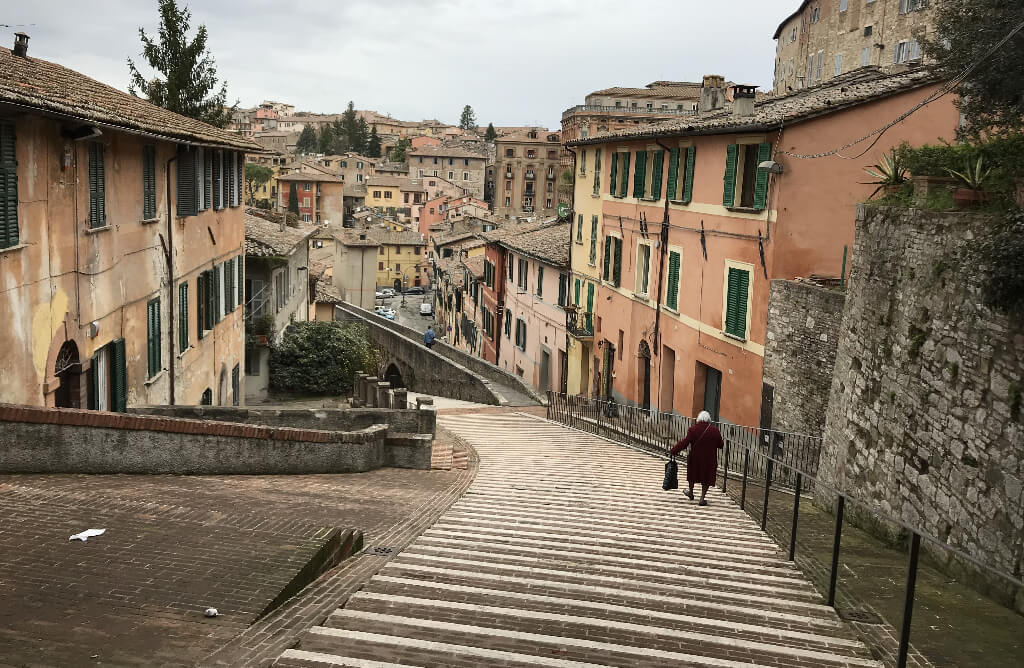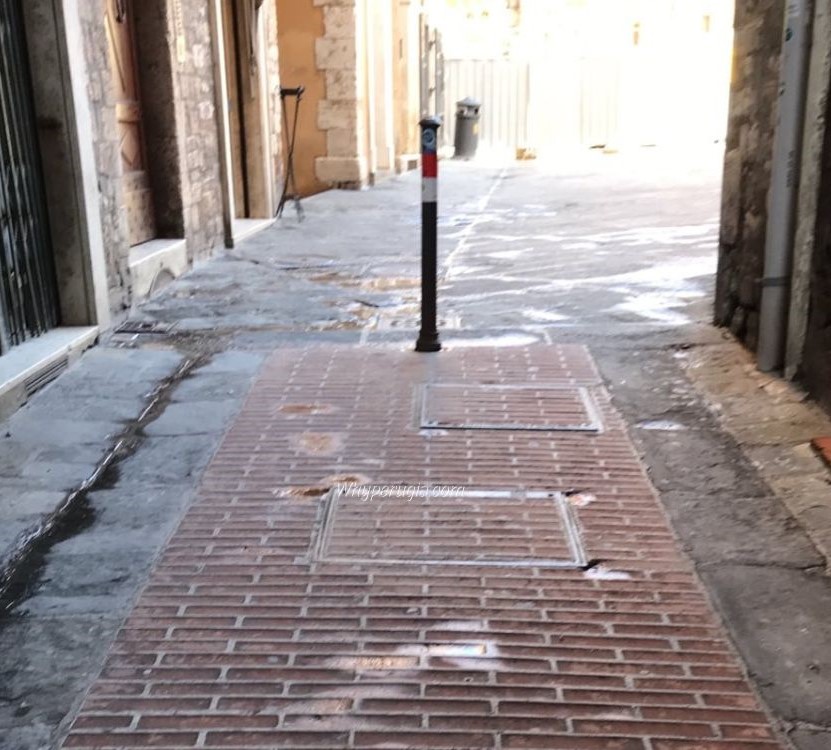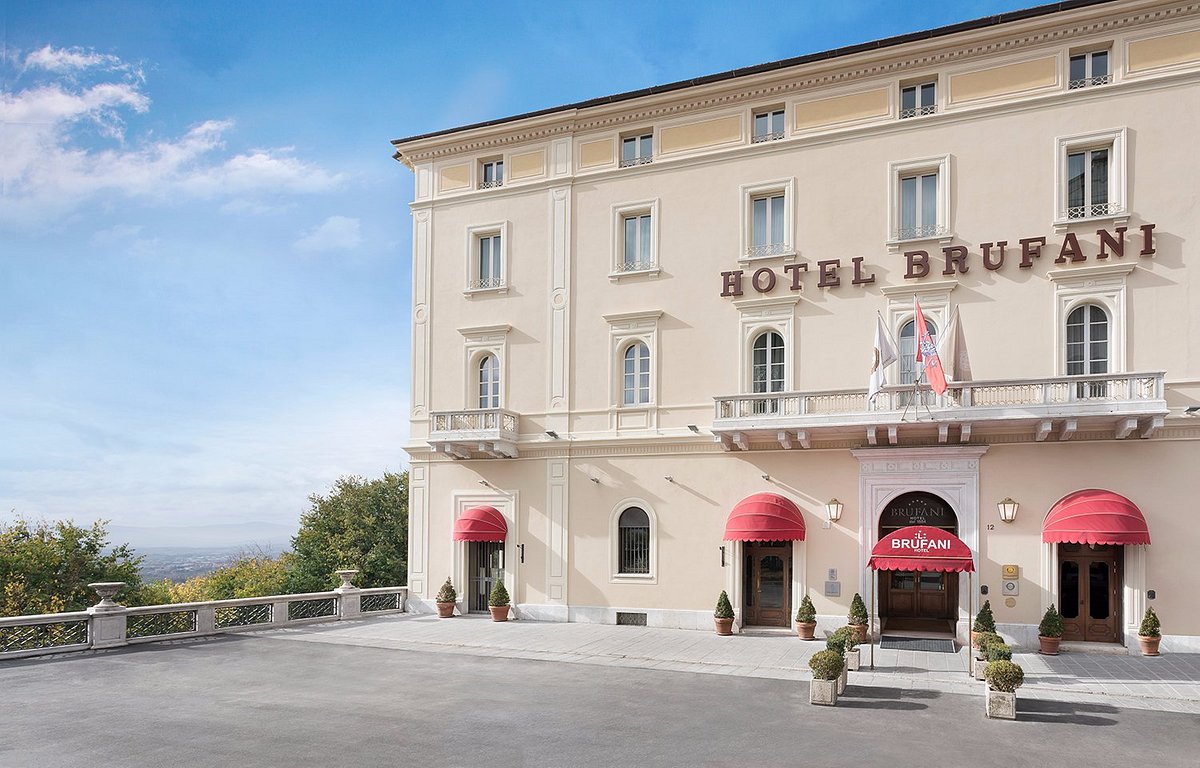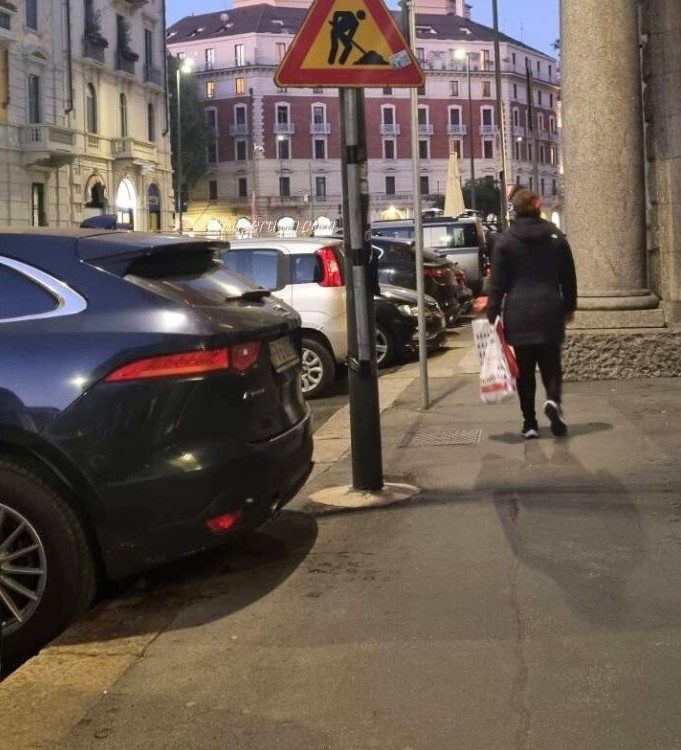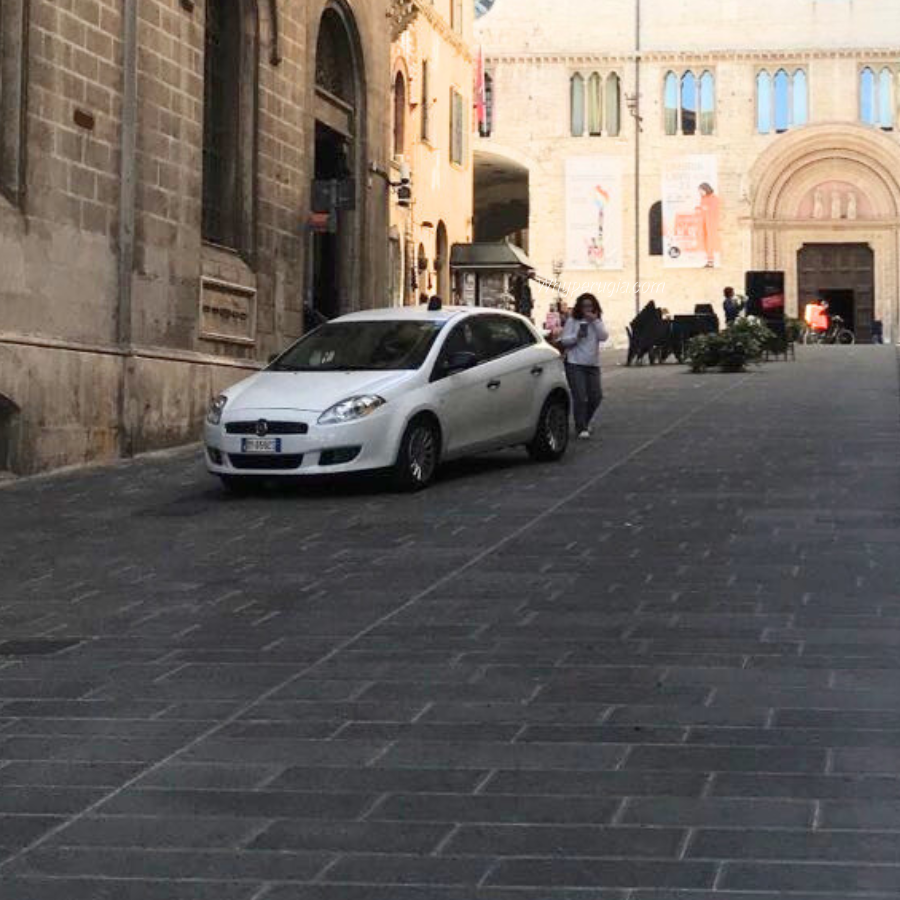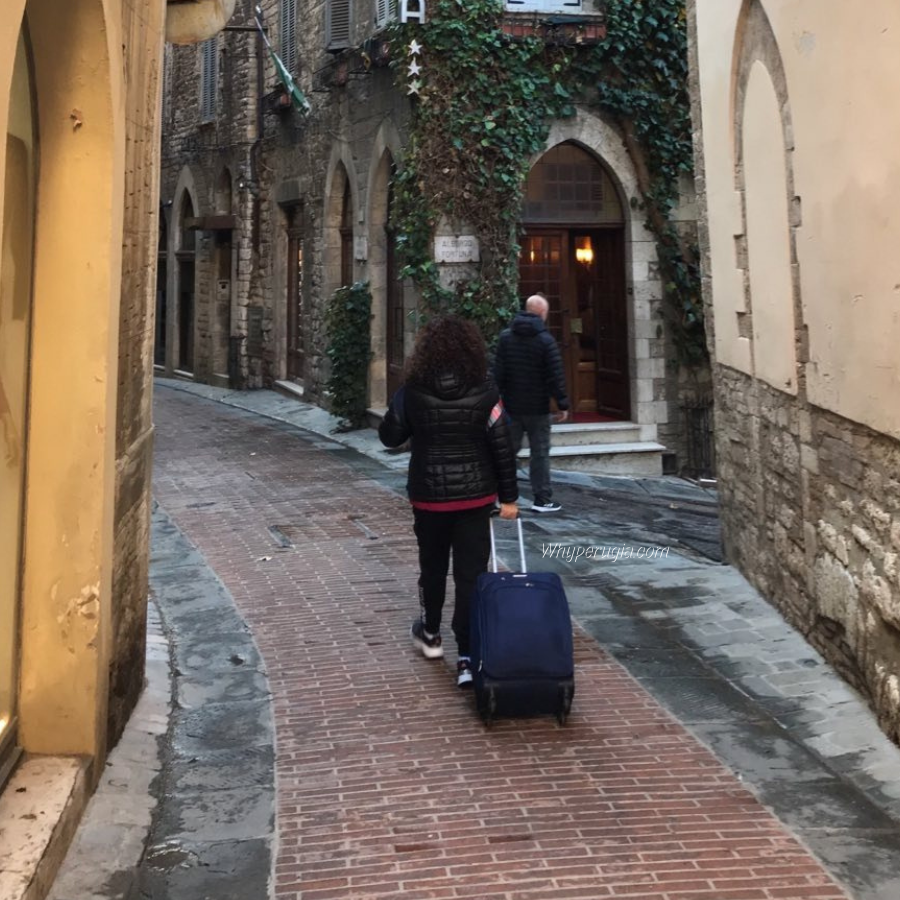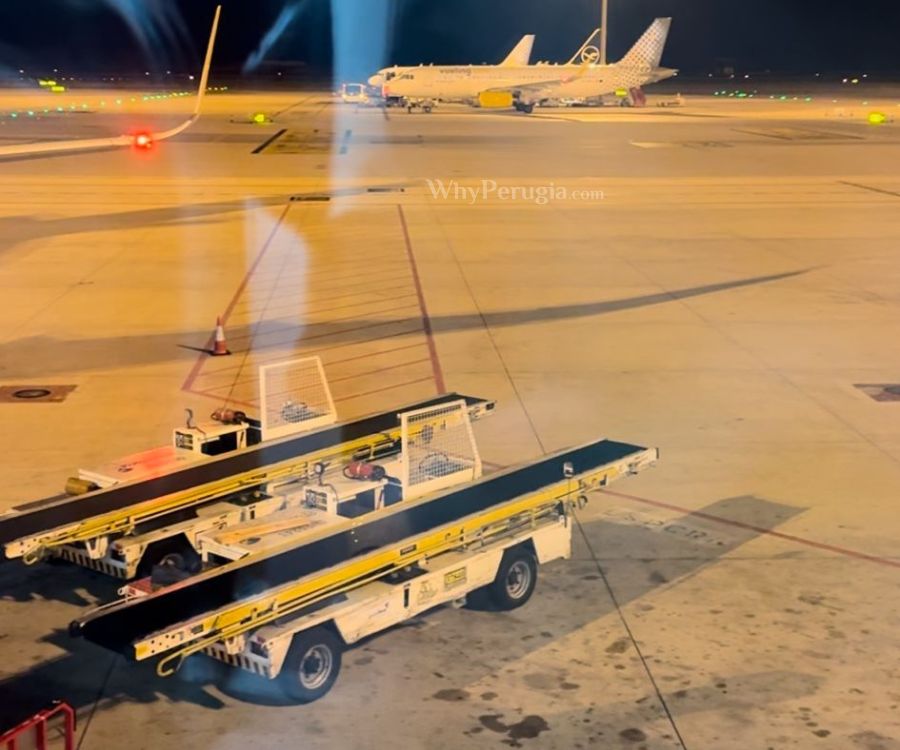Certainly, when buying or renting property in Perugia, or Italy in general, there are several laws and regulations you should be aware of.
- Contractual Freedom: The Italian law system allows for much freedom in terms of contract types and agreements between private parties. However, the terms should be reasonable and fair, and not infringe upon any statutory laws.
- Registration: All rental contracts must be registered with the Revenue Agency (Agenzia delle Entrate) within 30 days from the signing. The registration fee is usually split between the landlord and tenant.
- Security Deposit: It’s common practice for landlords to request a security deposit, typically equivalent to 2-3 months’ rent. This is held as a guarantee against damages. It should be returned at the end of the lease unless there are unpaid rents or damages.
- Property Purchase: For purchasing property, a preliminary contract or “compromesso” is typically drawn up. This outlines the terms and conditions of the sale and is usually accompanied by a deposit of about 20-30% of the purchase price. If the buyer backs out, they lose this deposit. If the seller backs out, they typically have to pay the buyer double the deposit amount.
- Energy Efficiency: All properties being sold or rented need an Energy Performance Certificate (EPC). This certificate rates the energy efficiency of the property and is valid for 10 years.
- Condominium rules: If you’re buying an apartment in a building, there are likely condominium regulations that govern the common areas and shared expenses. Make sure to understand these rules before purchasing.
- Taxes: There are several taxes associated with buying and owning property in Italy. These include the land registry tax, mortgage taxes, and cadastral taxes. There’s also an annual property tax called IMU.
- Legal Assistance: It’s highly recommended to hire a local real estate lawyer when purchasing property in Italy. They can guide you through the process, ensure all documents are correct, and help you to avoid potential legal issues.
Laws and regulations can change, and there might be local variations or practices in Perugia. Therefore, it’s beneficial to consult with a local real estate expert or legal advisor who is familiar with the current housing laws in Perugia. They can provide advice tailored to your specific situation and needs.

